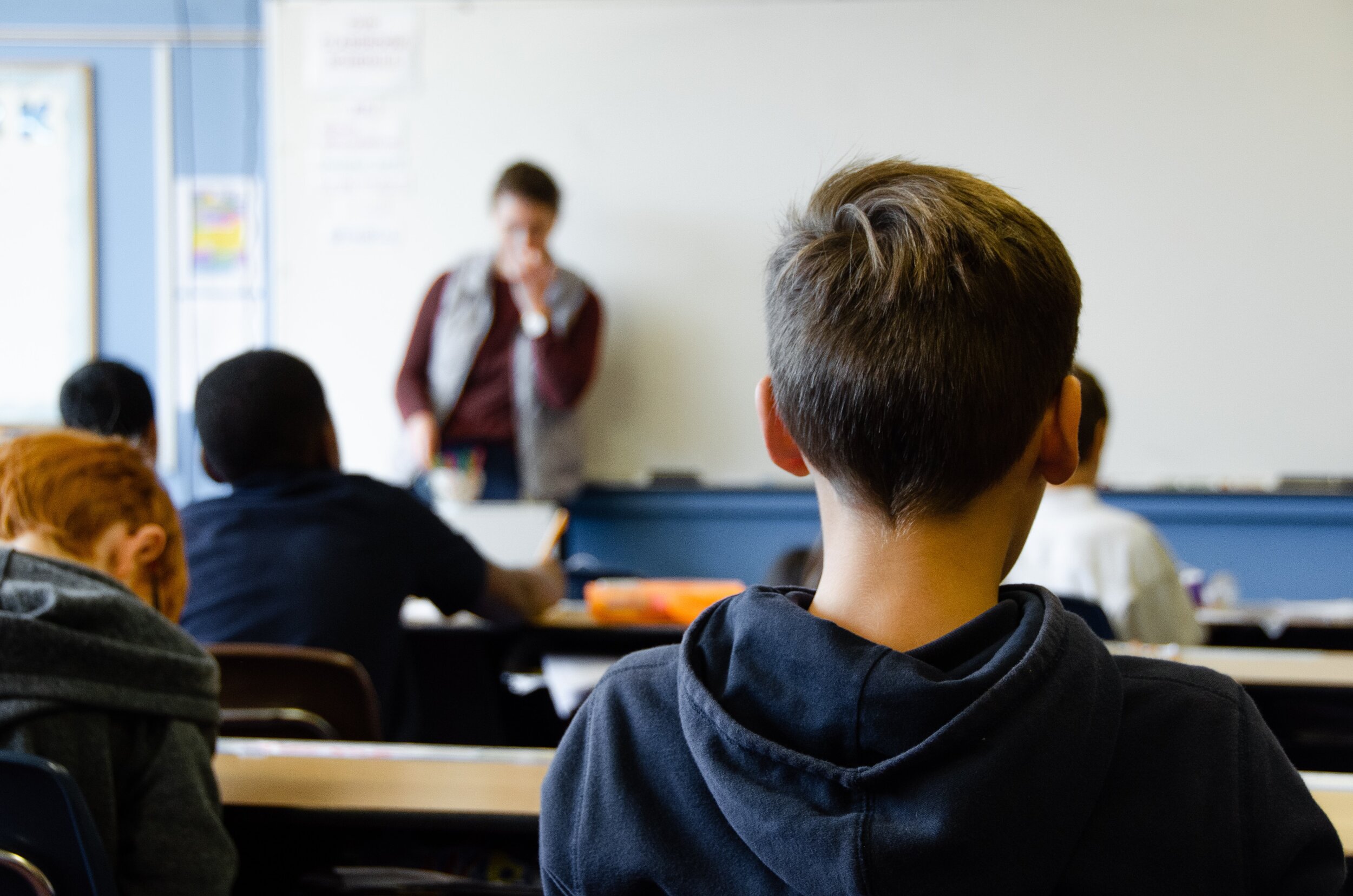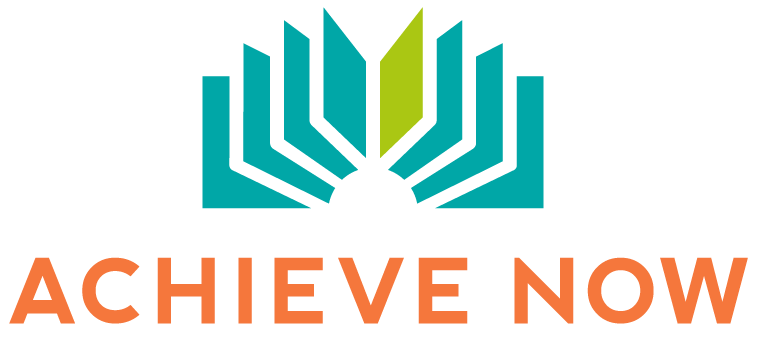
The Challenge
Disrupting Philadelphia’s low-literacy cycle
In 2023, 68.8% of Philadelphia third graders scored below proficiency on state reading tests. Struggling young readers, statistics suggest, will grow into low-literate adults who are likely to be living below the poverty line. So are their children: thirty-eight percent of Philadelphia’s children live in poverty. In turn, poor children attend under-resourced schools, and the cycle is repeated.
Our program is ideally situated to interrupt this cycle.
It’s sometimes said that while kids leave school in 9th grade, they actually ‘drop out’ in 4th. Because by 4th grade, this kid knows something no adult will admit: It’s game over.”
— Ralph Smith, Annie E. Casey Foundation
The Poverty Cycle
Children growing up in poverty are statistically more likely to enter the public school system behind their better-resourced peers, often by a wide margin. Low-income students are more likely to attend schools that have less funding, lower teacher salaries, limited computer and Internet access, larger class sizes, higher student-to-teacher ratios, a less-rigorous curriculum, and fewer experienced teachers than those their wealthier peers attend—thus widening the equity gap and perpetuating the cycle.



